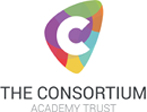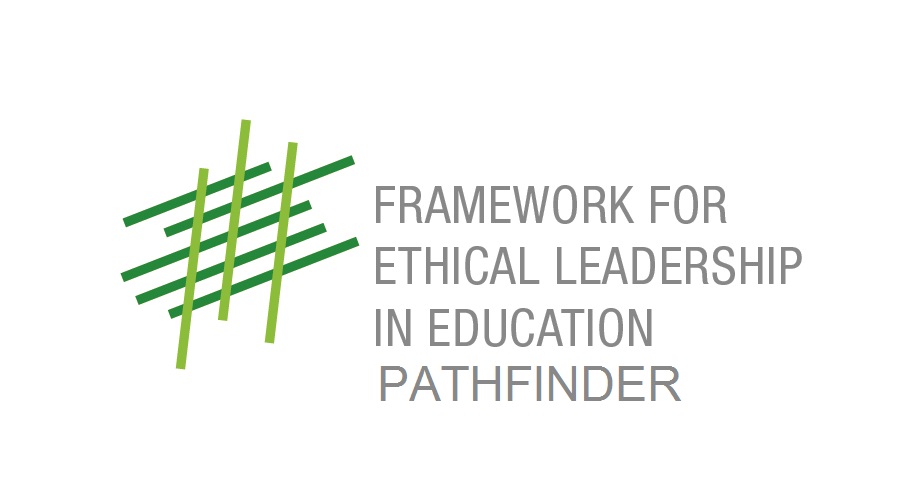History
The History department forms part of the Humanities Faculty. History is a popular subject with large numbers of students continuing to study it at both GCSE and A Level. History lessons involve a range of activities including independent and group work, problem-solving and research work. In History, students develop many different transferable skills including interpretation and communication skills, as well as skills in teamwork and presentation.
GCSE History is a popular option choice. It combines the study of British, European and World History with the development of skills to critically evaluate a range of different sources. It is recognised as a good qualification and counts towards the EBacc award.
History is important in helping to understand how the past has made the world of today, but it is also important in developing the skills needed to study the past effectively.
History is considered to be a highly valuable qualification to achieve. It allows progression to a range of future careers and forms a good basis for future study.
In addition to the course content, History teaches a number of transferable skills useful in many careers for example analysis, evaluation of sources, construction of a well-supported argument, independent research and clear communication skills.
| Staff | Position |
|---|---|
| Mr White | Faculty Director |
| Mrs Bull | Teacher |
| Mrs Jarvis | Teacher |
| Mrs McDonald | Teacher |
| Mr Walker | Teacher |
Key Stage 3
Students study through Key Stage 3 using a chronological approach that follows the National Curriculum guidelines. The source analysis, interpretation and communication skills that students develop are continued into GCSE and A Level. Students in Key Stage 3 have the opportunity to study a wide range of time periods, international cultures and historical themes.
| Year 7 | Year 8 |
| What is History? | Britain: Industry and Empire |
| The Romans | The First World War |
| The Native Americans | The Second World War |
| The Middle Ages | Post-war Conflict and Cooperation |
| Tudors and Stuarts |
Additional resources to support learning in Key Stage 3 History:
Encourage your child to:
● Look at the History of the local area.
● Visit museums and other historical sites.
● Absorb History from as many sources as possible, including documentaries, books and historical events.
A range of resources can also be found on:
https://spartacus-educational.com/
Where required, passwords have been provided to students directly. For further support please contact the school.
Key Stage 4
Aims of the course:
GCSE History is considered to be a highly valuable qualification to achieve. It allows progression to a range of A-level subjects and forms a good basis for future study.
In addition to the course content, History teaches a number of transferable skills useful in many careers for example analysis, evaluation of sources, construction of a well-supported argument, independent research and clear communication skills.
Course content:
The GCSE History course follows the Pearson Exam Board and consists of four main areas.
● A Thematic Study on Crime and Punishment, which looks at the history of Crime and Punishment across time from the Anglo-Saxons to the present day.
● A British Depth Study of the nature of Anglo-Saxon and Norman England 1060-1089.
● A Period Study of the American West from 1835 to 1895.
● A Depth Study on Germany from 1919 to 1945, looking at the history of Germany after the First World War the failure of the Weimar Republic, the rise of Hitler and life in Nazi Germany.
| Year 9 | Year 10 | Year 11 |
| Crime and Punishment | American West | Revision |
| Anglo-Saxon and Norman England | Germany | Exam Preparation |
Encourage your son / daughter to:
● Re-visit notes and topics studied during school.
● Practice revision techniques and exam questions at home.
● Look at the History of the local area.
● Visit museums and other historical sites.
● Absorb History from as many sources as possible, including documentaries, books and historical events.
Additional resources to support learning in GCSE History:
There are four revision guides, one each for the respective topics that we study. These are available for purchase from the Finance Office. While not compulsory these provide a very useful tool in helping to prepare our students for their exams at the end of Year 11. They will also help your son / daughter to make progress through the course, starting in Year 9. Please contact us for more details.
Where required, passwords have been provided to students directly. For further support please contact the school.
Sixth Form Courses
A Level History (OCR)
Aims of the course:
The subject syllabus has been designed to offer students the opportunity to select from a wide variety of periods and topics in English, European and World History, from the medieval period to the late 20th century.
We offer candidates the opportunity to study history in length, breadth and depth to develop expertise in various skills (general as well as historical) and to acquire and demonstrate knowledge and understanding of the periods studied.
Course Content:
AS
● The Early Stuarts and the Origins of the Civil War 1603-1660
● The French Revolution and the rule of Napoleon 1774-1789
A Level
● The Early Stuarts and the Origins of the Civil War 1603-1660
● The French Revolution and the rule of Napoleon 1774-1789
● Russia and Its Rulers 1855-1964
● Topic Based Essay (4000 words)
Assessment:
AS - two examined units in year 12
A Level - three examined units in year 13 plus coursework.
Encourage your son /daughter to:
● Re-visit notes and topics studied during school.
● Practice revision techniques and exam questions at home.
● Look at the History of the local area.
● Visit museums and other historical sites.
● Absorb History from as many sources as possible, including documentaries, books and historical events.
● Develop independent learning skills to help prepare for wider responsibilities in the college.
Where required, passwords have been provided to students directly. For further support please contact the school.




